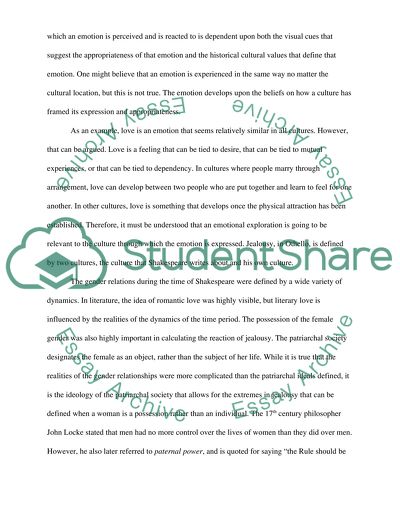Cite this document
(“Otherness and the Nature of Jealousy in Othello Research Paper”, n.d.)
Retrieved from https://studentshare.org/family-consumer-science/1418962-otherness-and-the-nature-of-jealousy-in-othello
Retrieved from https://studentshare.org/family-consumer-science/1418962-otherness-and-the-nature-of-jealousy-in-othello
(Otherness and the Nature of Jealousy in Othello Research Paper)
https://studentshare.org/family-consumer-science/1418962-otherness-and-the-nature-of-jealousy-in-othello.
https://studentshare.org/family-consumer-science/1418962-otherness-and-the-nature-of-jealousy-in-othello.
“Otherness and the Nature of Jealousy in Othello Research Paper”, n.d. https://studentshare.org/family-consumer-science/1418962-otherness-and-the-nature-of-jealousy-in-othello.


